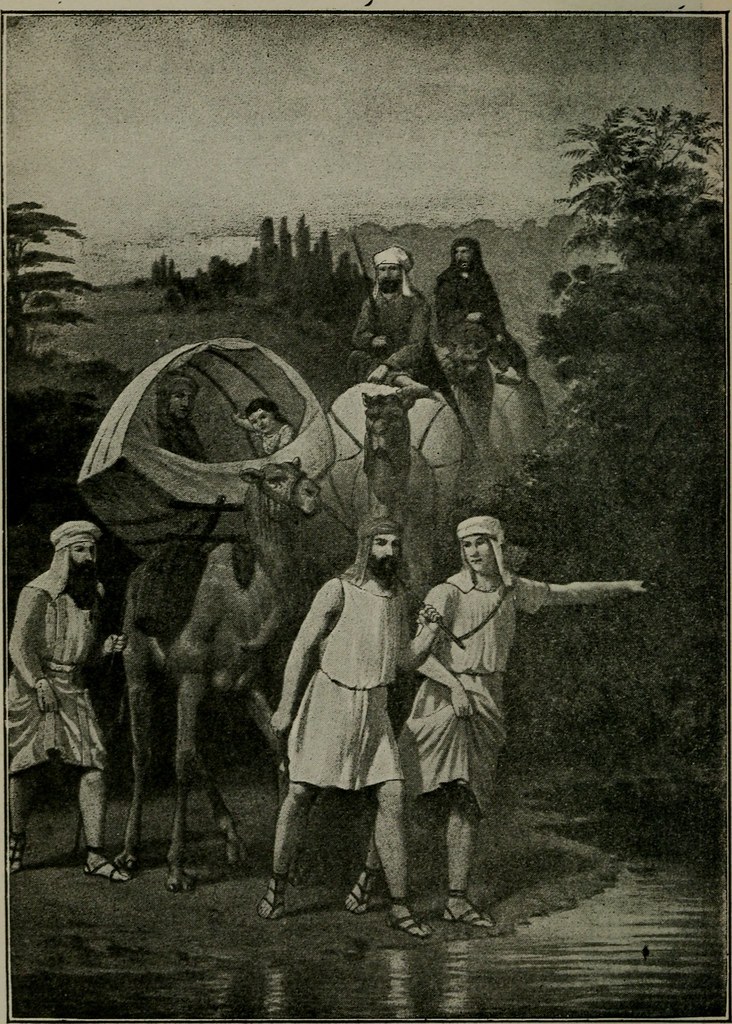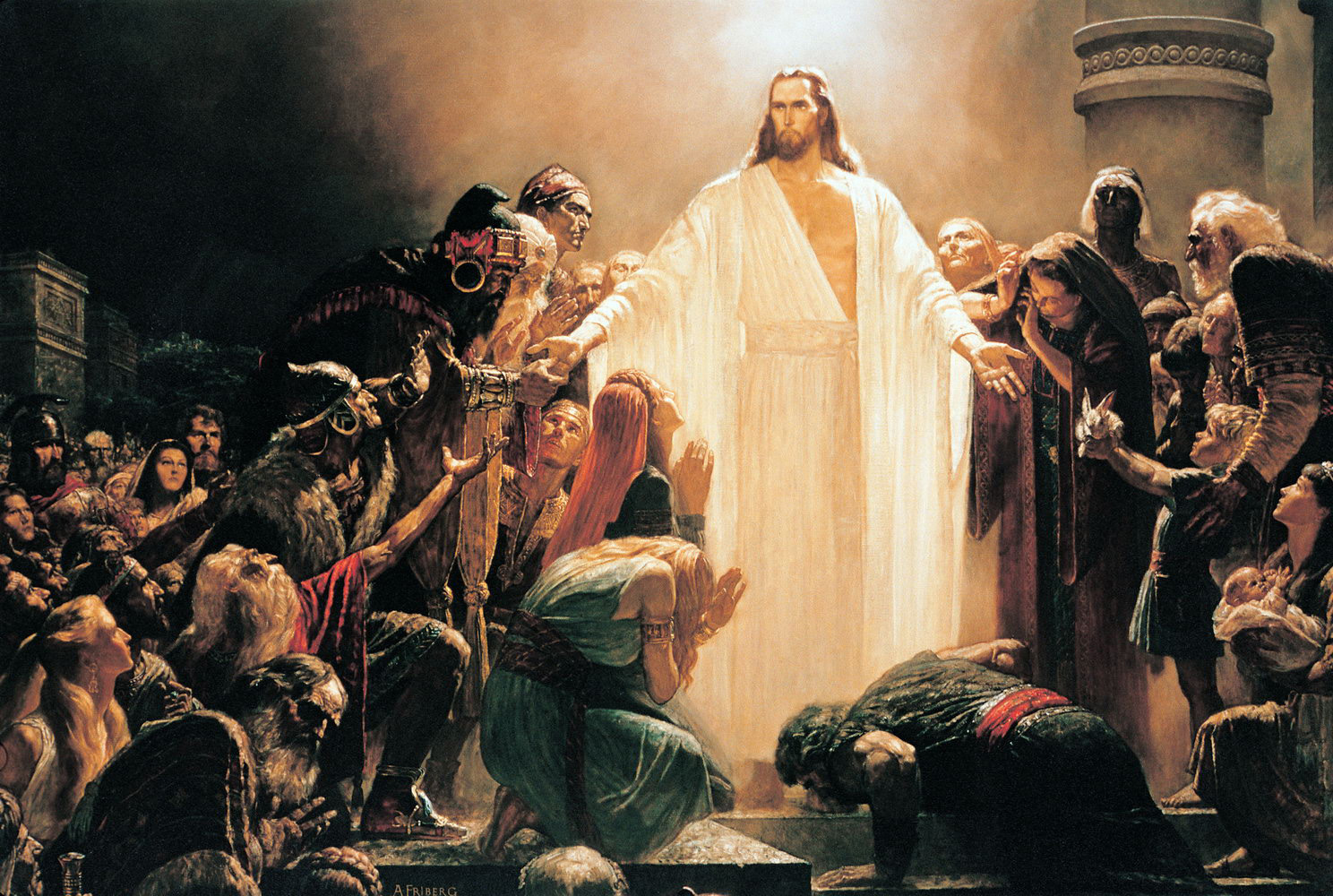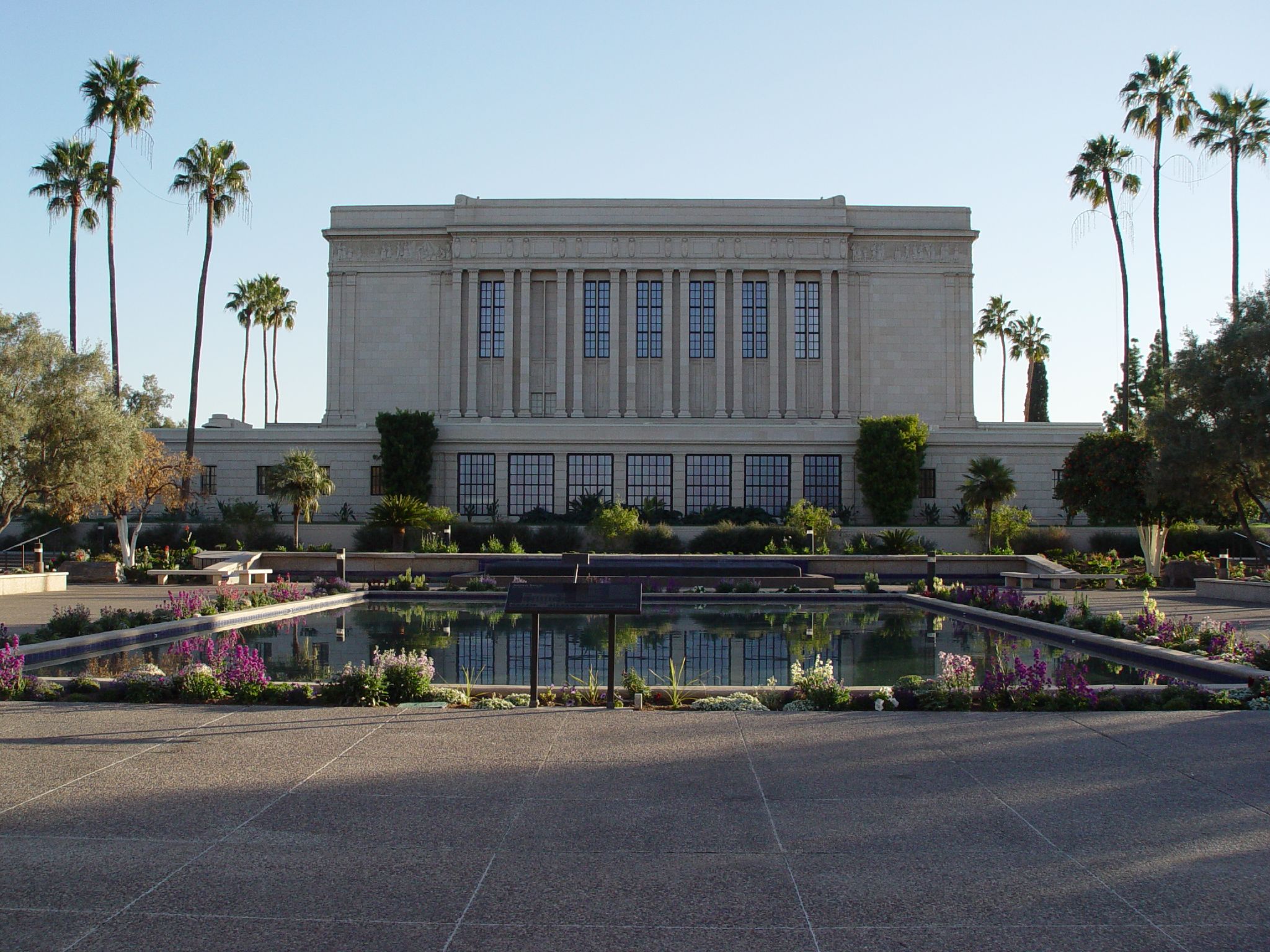Equality and the Culture of Christ
This is a talk I gave in Sacrament Meeting today. While I do my best to make sure my talks are true, it's still my own creation, and not an official statement of LDS doctrine or belief.
 |
| Cristo Redentor |
Elder Quentin L. Cook recently spoke about three fundamental purposes of the church and how they prepare us and the world to meet God. These purposes are “gathering Israel, sealing them as families, and preparing the world for the Lord’s Second Coming.” He said, “As we look at the primary purposes of the Church, they are all based on [two things,] equality before the Lord and following the culture of the gospel of Jesus Christ.”
In the scriptures, the word “iniquity” is often used to describe wicked behavior, but iniquity doesn't simply mean wickedness. It means inequality, injustice, or unfairness.
Prophets lament earthly inequalities because they cause divisions among a people who should be united. As the Lord said to the early Saints, “Be one; and if ye are not one, ye are not mine” (D&C 38:27). Divisions most often occur when we forget the fundamental truth that, regardless of other factors, each individual person is of great, and equal worth to our Father in Heaven, with equal potential to become like Him. God does not see some of us as more or less valuable because of our person, our circumstances, or our behavior. Instead, he recognizes all of us as His spirit children, and loves us all perfectly. When we do otherwise, we fail the commandment to “love one another as I have loved you,” and in so doing, fall into iniquity.
Most of us from time to time have felt a sense of our own insignificance compared to the majesty of the divine. David asked the Lord, “What is man, that thou art mindful of him?” (Psalm 8:4). But God has told us in no uncertain terms what we are to him. To Moses he said, “Thou art my son... And lo, I am with thee, even unto the end of thy days” (Moses 1:4, 26). Through the prophet Nephi, he has assured us of his will to bless us equally. “...He inviteth them all to come unto him and partake of his goodness; and he denieth none that come unto him, black and white, bond and free, male and female; and he remembereth the heathen; and all are alike unto God” (2 Nephi 26:33).
 |
| Study of King David by Julia Margaret Cameron. Depicts Sir Henry Taylor, 1866 |
An important consequence of being equal before the Lord is that we are all equally capable of righteous living. Regardless of what we know or what struggles we face, living righteously brings blessings. As Nephi taught his brothers, “The Lord esteemeth all flesh in one. He that is righteous is favored of God” (1 Nephi 17:35).
To be righteous means to sincerely strive to live according to the light and truth we possess, with a willingness to repent and change each time we gain greater understanding. In the church we often speak of our gratitude for living in a time and place where the restored gospel is known and accepted. While this privilege is indeed great, in God’s eyes it does not place us above our brothers and sisters who lack such blessings. Rather, it places upon us greater responsibilities to share our light, “for unto whomsoever much is given, of him shall much be required” (Luke 12:48).
By the same token, righteousness can be practiced by anyone, even if they have not yet accepted the restored gospel. As Alma wrote, “The Lord doth grant unto all nations, of their own nation and tongue, to teach his word, yea, in wisdom, all that he seeth fit that they should have” (Alma 29:8).
We should not forget that a loving God speaks truth to any who are willing to listen, and when they are pure in heart, they often act to share that truth with as many as they can. The Prophet Joseph Smith declared, “One of the grand fundamental principles of Mormonism is to receive truth, let it come from where it may.” In our own day, President Gordon B. Hinckley has said, “We appreciate the truth in all churches and the good which they do. We say to the people, in effect, you bring with you all the good that you have, and then let us see if we can add to it.” These prophetic statements make it clear that the Spirit of God is at work the world over, pouring out truth into the hearts and minds of any who will receive it. To obey that truth in the degree that we have it is the righteousness God expects of all his children.
This is also a good start in defining what Elder Cook meant by the culture of the gospel of Jesus Christ, which is the only culture, he said, that is taught and adhered to in the church. According to him, the essence of that culture is trying to be like the Savior. He said that Christlike attributes “are at the heart of the culture of Jesus Christ.”
By saying that this Christlike culture is the only one we adhere to, I don’t believe Elder Cook meant to undermine the importance of learning about and honoring our family heritage, or to imply that it is wrong for us to participate in cultural events in our own communities. After all, the church places eternal value on family history, and often holds cultural celebrations in connection with temple dedications around the world. Instead, I believe he meant to warn us against following what the Book of Mormon refers to as the “incorrect traditions” of our fathers.
Just as every nation and people is blessed with all the divine truth the Lord sees fit to bestow upon it, so every nation and people - including our own - creates for itself ideas and beliefs that run contrary to the gospel of Jesus Christ. Sometimes these take an obvious form, such as belief in false gods or clearly wrong religious practices. Other times they can be more subtle, taking shape as fads in entertainment or health, false faith promoting rumors, or harmful ideas about current events, history, or other peoples. These false traditions most easily form when we do not allow the Spirit of God to guide all aspects of our lives.
 |
| Lehi and His Family Traveling in the Wilderness from "The story of the Book of Mormon" (1888) |
In the Book of Mormon, the main “incorrect tradition” passed down through generations of the Lamanites was a misrepresentation not of spiritual truth, but of historical fact, namely, that Nephi robbed Laman and Lemuel of their place as the rightful rulers of their people, rather than that the elder brothers gave up that place through their wickedness (Mosiah 10:15-17). This lie led to others, eventually leading the Lamanites to develop lasting hatred for the Nephites, who in turn developed racist beliefs about their own superiority (Jacob 3:5-7). The attitudes were never fully overcome until both groups became willing to look past tradition with love, and see each other as equals before the Lord.
Unsurprisingly, pure love is the defining characteristic of Christ, and the radiant center of His culture. Whenever cultural, political, spiritual, or social forces encourage us to act without love, we should stop in our tracks, remembering that such behavior is not of God. This is also true when we feel inspired to confine our love to one group or the other in a given situation. There are many people in need of our love and compassion, and offering it to some does not prevent us from offering it to the others. Instead, the more we practice the Christlike art of compassion and charity, the greater supply of it we have to share.
When a person’s race, economic status, national origin, beliefs, behavior, political opinions, church calling, appearance, gender, language, or social position entices us to place them either above or below others in our estimation, we are not following the culture of Jesus Christ.
In his recent message to the youth, President Nelson invited them, among other things, “to pray daily that all of God’s children might receive the blessings of the gospel of Jesus Christ.” We cannot pray for this good to come to our brothers and sisters around the world, and then wish upon them any form of harm without extreme hypocrisy and denial of our faith. As the apostle Paul put it, “love worketh no ill to his neighbor: therefore love is the fulfilling of the law” (Romans 13:10).
 |
| The Risen Lord by Arnold Friberg |
I would like to speak briefly about two other aspects of the culture of Jesus Christ that have been impressed upon me as I’ve prepared for this talk. The first is remembrance.
Throughout both the Bible and the Book of Mormon, prophets continually encourage their people to remember the past. Part of the reason for this is simply to rejoice in the goodness of God. Another reason is to allow our current blessings to continue and grow.
Two hundred years after the coming of Christ to the Nephites, they still lived in the near perfect peace that the memory of that visit created. As referenced by Elder Cook in his talk, this is how the Book of Mormon describes that peace:
There was no contention in the land, because of the love of God which did dwell in the hearts of the people. And there were no envyings, nor strifes, nor tumults, nor whoredoms, nor lyings, nor murders, nor any manner of lasciviousness; and surely there could not be a happier people among all the people who had been created by the hand of God. There were no robbers, nor murderers, neither were there Lamanites, nor any manner of -ites; but they were in one, the children of Christ, and heirs to the kingdom of God. (4 Nephi 1:15-17)
Has there ever been a better description of equality before the Lord, and following the culture of Jesus Christ? It was not until the Nephites began to forget the love of God and abandon his teachings, that iniquity once again created divisions among the people, leading ultimately to their destruction.
| The Plat of Zion |
Similarly, as the Latter-day Saints have sought to build Zion in preparation for the second coming of the Lord, they have found blessings and great success. But there is still much to do, and children raised in our wards and stakes may find it hard to appreciate their blessings, simply because for them it is the way things have always been. Accepting things merely because they are has never been the way to truth or righteousness. Instead, it is the way the traditions of our fathers that I spoke of earlier take root in our hearts and minds.
Some of those traditions are correct, but we must do more than simply believe them to be correct. We must seek to learn, and then to remember, why they are correct and where they came from. Our children are right to question us about why things are as they are, why we believe as we do, why they should follow in our footsteps, and once they reach the end of those steps, where to go from there. We can only provide answers to these questions through remembrance.
To this end, we keep journals, books of remembrance, and other family history records. To this end we study scriptures, listen to the words of prophets, and seek to learn all we can about our world, its history, and its workings. To this end, “we talk of Christ, we rejoice in Christ, we preach of Christ, we prophesy of Christ, and we write according to our prophecies, that our children may know to what source they may look for a remission of their sins” (2 Nephi 25:26).
The other essential element of the culture of Christ I’d like to address is temple worthiness. In his talk, Elder Cook celebrates the rising rates of temple worthiness among both youth and adults in recent years. While temple worthiness is cause for great rejoicing, it is not cause for complacency. Living the gospel has often been compared to walking a straight and narrow way, with the ordinance of baptism serving as the gate that allows entrance onto that road.
The ordinances of the temple, exalting and glorious as they are, are not the final destination of those who travel the straight and narrow path, nor is baptism the only gate one will encounter there. Sacred ordinances in holy temples prepare us for passing beyond the further gates leading to higher levels of progression with greater blessings and joy for those who reach them. In other words, temple worthiness is not the highest ideal of the culture of the gospel of Jesus Christ, but a baseline of faith and obedience that must be met by any who sincerely seek to be like God.
 |
| Mesa, Arizona Temple |
Achieving that baseline is an important step that should cause us great joy, but should not cause us to slacken our efforts at increased righteousness. Once we are temple worthy, we should attend the temple regularly, making the blessings of the gospel available to as many as possible, living and dead. We should also seek guidance from the Lord about how to continue our eternal journey. Together with the guidance of patriarchal blessings, scripture study, personal revelation, and wise counsel from inspired family members and leaders, temple worship teaches us individually how best to pursue the higher reaches of the straight and narrow path, and prepare to meet God there.
On a wall above the staircase leading from the celestial room in the Mesa, Arizona temple are the words of a scripture in golden lettering: “Blessed are the pure in heart, for they shall see God” (Matthew 5:8). Such purity is the quest of a lifetime, and beyond. We should strive not only to be sufficiently faithful to enter the temple, but extraordinarily faithful in our discipleship, looking forward with love to the Christ that is to come, without forgetting the path we’ve traveled in the past.
To borrow the words of the prophet Mormon,
“Wherefore, my beloved brethren, pray unto the Father with all the energy of heart, that ye may be filled with this love, which he hath bestowed upon all who are true followers of his Son, Jesus Christ; that ye may become the sons of God; that when he shall appear we shall be like him, for we shall see him as he is; that we may have this hope; that we may be purified even as he is pure” (Moroni 7:48).
In the name of Jesus Christ, Amen.

Comments